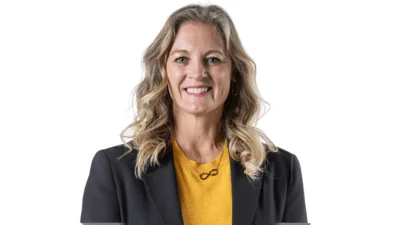Library | Pexels by Pixabay
Library | Pexels by Pixabay
The Linda Hall Library and William Jewell College will welcome Michael W. Young, who received the 2017 Nobel Prize in Physiology or Medicine for his pioneering studies on circadian rhythms.
March 23, 6:30-7:30 p.m. (doors open at 5:45 p.m.)Linda Hall Library5109 Cherry Street Kansas City, MO 64110-2498
A virtual lecture is also available.
ABOUT THE LECTURE
Most forms of life possess innate biological clocks that allow alignment of biological time with cycles of day and night. The biological rhythmicity driven by the action of these clocks is referred to as circadian as it repeats with ~24-hour periodicity even in the absence of environmental cycles. Our research began in the late 1970s as an effort to define the genetic and molecular underpinnings of the circadian clock in a simple organism, the fruit fly Drosophila. We learned that a small group of genes work together to control the circadian rhythms of Drosophila, and that interactions among these genes and their proteins set up a network of oscillations within single cells. These oscillations are autonomously generated, are found in most tissues, and establish ~24 hour rhythms in physiology and behavior. Importantly, this mechanism is highly conserved within the animal kingdom such that “clock” genes similar to those originally discovered in the fruit fly regulate patterns of sleep and other rhythms in humans.
A common form of human insomnia called Delayed Sleep Phase Disorder (DSPD) is characterized by a persistent and intractable delay in the timing of the major sleep episode. A study of several DSPD subjects allowed us to recognize a specific clock gene variant that affects behavioral, physiological, and molecular circadian rhythms of carriers under controlled laboratory conditions. This mutation can be found in ~ 1 in 75 individuals of European descent. Our results support the view that the affected gene encodes a dominant, hyperactive transcription factor that alters sleep and circadian rhythms by lengthening the period of the human circadian clock.
ABOUT THE SPEAKER
Michael W. Young is the Richard and Jeanne Fisher Professor and Head of the Laboratory of Genetics, Rockefeller University. He received the 2017 Nobel Prize in Physiology or Medicine for his pioneering studies on circadian rhythms. He shared the prize with Jeffrey Hall and Michael Rosbash of Brandeis University.
Dr. Young used genetics to identify gene mutations that disrupt the ability of the fruit fly Drosophila melanogaster to appropriately modulate its internal clock in response to a changing environment, and went on to define their biochemical mechanisms. This clock found in fruit flies proves to be conserved throughout the animal kingdom, and provides insight into how the brain translates environmental cues into altered behavior. His work has direct implications for understanding human sleep disorders, the mechanisms of jet lag, and the challenges of working on the night shift.
Professor Young received his undergraduate degree in biology and his Ph.D. in genetics from The University of Texas at Austin.
Original source can be found here.






 Alerts Sign-up
Alerts Sign-up